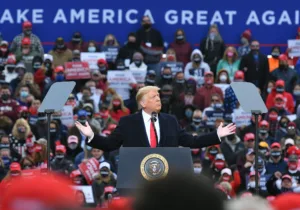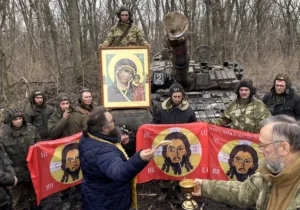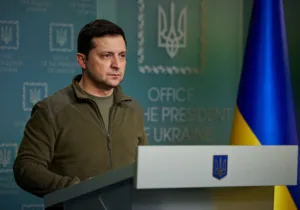In December 1863, in the middle of the American Civil War and while helping care for a son who had been severely wounded in that war, Henry Wadsworth Longfellow penned the words to the poem, “Christmas Bells.” Within a few years, his poem was put to music and became the now-famous carol, “I Heard the Bells on Christmas Day.”
The words of his poem sought to express something of the contrast he must have felt within his own heart between the hopeful carols he heard being played during the Christmas season and the hopelessness he and so many others experienced due to the suffering caused by the Civil War.
As you will soon see and hear, the words of the poem I’ve written below are meant as an homage to Longfellow. They intentionally borrow his structure of seven stanzas and are meant to remind the reader of his original words. However, the differences are intentional as well, and those differences are meant to be somewhat jarring. While his Christmas poem was written in the context of the American Civil War, this poem is written as a lament for Ukraine and the ongoing war there. I imagined myself on the streets of a war-torn, Ukrainian city on Christmas Day. And while Longfellow started his poem with the sound of carols and then moved to the sound of war, I start my poem with the sound of war and only then move to the sound of carols. But like Longfellow, and like the psalms of lament in Holy Scripture, this poem−while honest about the pain and suffering caused by war−still ends on a note of hope.
Christmas Bombs
I heard the bombs on Christmas Day,
their cruel, familiar sirens play.
On ev’ry street,
the sounds repeat
of war on earth, ill will to men.
Then felt the ground beneath me shake,
and soon my heart began to break.
Such aching loss
and deadly costs
of war on earth, ill will to men.
I griev’d the grim atrocities,
the fearful flight of refugees,
the shattered dreams
and grisly scenes
of war on earth, ill will to men.
In deep distress, I hung my head.
“It feels like hope is lost,” I said.
No peace in sight,
and dark the night
of war on earth, ill will to men.
“How long, O Lord?” I cried aloud
will tyranny just be allowed
to have its way
but never pay
for war on earth, ill will to men?
Then from a church that was nearby,
the sound of carols filled the sky−
defiant joys
that drowned the noise
of war on earth, ill will to men.
And so my thoughts turned t’ward the day
when God will have the final say.
For Christ the King
will justice bring
and peace on earth, good will to men.






 Live in the DC area? Sign-up for Providence's in-person events list!
Live in the DC area? Sign-up for Providence's in-person events list!